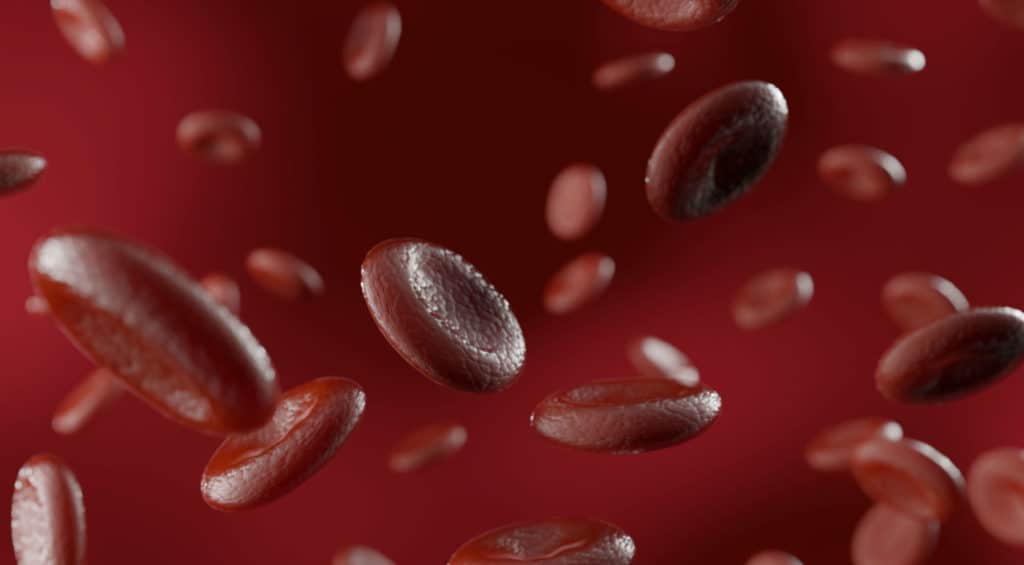It’s important to do your due diligence on the products you put into your body, and CBD is no exception.
CBD is a relatively new substance that has garnered widespread publicity since being legalized by the Farm Bill in 2018. This bill allowed the industrial hemp plant, which is the plant that CBD is extracted from, to be grown legally for commercial purposes.
While the research is still in its infancy with regard to all the beneficial properties of CBD and other endocannabinoids, quite a few of these properties are already well-known by those who use CBD products.
Let’s briefly explain the endocannabinoid system and some of the factors that go into how your body metabolizes CBD.
What is the Endocannabinoid System?

The endocannabinoid system can be found throughout the body and consists of receptors that cannabinoids such as CBD attach and act upon. The endocannabinoid system consists of two types of receptors CB1 and CB2.
The CB1 receptor is primarily found in the brain, and spinal cord and, when activated, plays a role in mood, behaviors, and hormone regulation. The CB2 receptors are found in many tissues in the body and are involved in pain relief and inflammation reduction when activated.
Research studies have shown that CBD has antiepileptic, antiinflammatory, pain-reducing, antianxiety, and other properties. These properties reveal the extensiveness and significance of the endocannabinoid system throughout the body.
How Is CBD Metabolized?

All the foreign things that we take into our systems, whether they are medications or supplements, have to be metabolized by our bodies so that they can eventually be eliminated. The body is able to metabolize things we ingest through two organ systems: the liver and the kidney.
The Liver
Your liver is your major metabolizing organ that breaks down foreign substances, as it is full of different kinds of enzymes that are able to accomplish this process. The liver can metabolize medications and other substances using the Cytochrome P450 (CYP450) system, a set of proteins that synthesize and metabolize substances. Research has identified more than 50 CYP450 enzymes.
Different CYP450 enzymes are able to metabolize specific drugs, and many drugs go through the same enzymes. This simultaneous metabolizing of various drugs plays a significant role in drug-to-drug interactions, since taking two drugs that are metabolized by the same CYP450 slows the metabolism of both drugs and increases their levels in the body for a longer period of time.
The number of CYP450 enzymes can vary from person to person, with some individuals having genetic variations that decrease the total amount of CYP450 enzymes or how well they function. This is why some individuals need more or less of a particular drug than another person.
CBD and cannabis constituents are metabolized primarily by the liver. The CYP2C and CYP1A2 appear to be especially important enzymes in this system.
The Kidneys
The kidneys are another hub for drug and supplement metabolism, and they even have their own CYP450 enzymes and other enzyme systems for metabolizing foreign substances.
The kidneys make intuitive sense as detox organs, as they are where urine is formed, and we can see the kidneys’ ability to concentrate and eliminate substances when we take a multivitamin and experience neon-yellow urine.
How Long Does CBD Stay in Your System?

How long CBD stays in your system depends on many factors, including how much CBD is ingested, what other drugs you’ve taken simultaneously, the number of CYP450 enzymes you have in your liver, your body weight, and many more.
Many medical professionals use a drug’s half-life to calculate when the drug will be undetectable in the body. The half-life of a drug or substance is a measure of the time it takes for half the dose to be metabolized. On average, medications and supplements are considered to be undetectable after five to six half-lives.
The half-life of CBD products varies anywhere from 18 hours to 32 hours, depending on how the CBD reached the bloodstream (i.e., ingesting oil, smoking, capsules, etc.).
If we take the highest number, and multiply it by the six half-lives, we can guess that tCBD will be eliminated from your system in around 192 hours, or eight days.
Final Thoughts
These numbers are just estimates, and other factors such as chronic use of CBD products, fat content, and the number of enzymes, among others, can increase or decrease the amount of time it takes for CBD to leave your system.
The best thing you can do is get to know your body and talk to a licensed professional about the recommended daily amount of CBD that is right for you. Many times, CBD shop owners will even have charts on hand for the recommended intake of CBD based on a person’s BMI.
